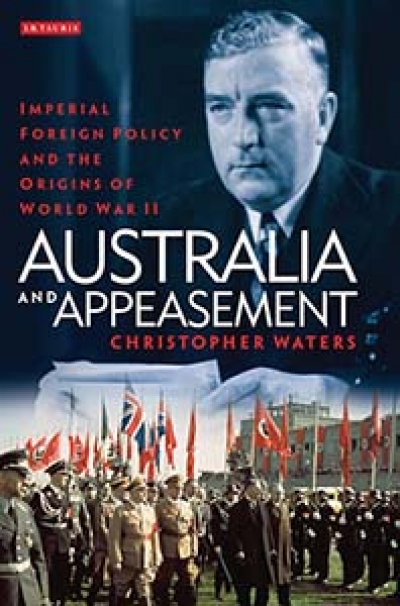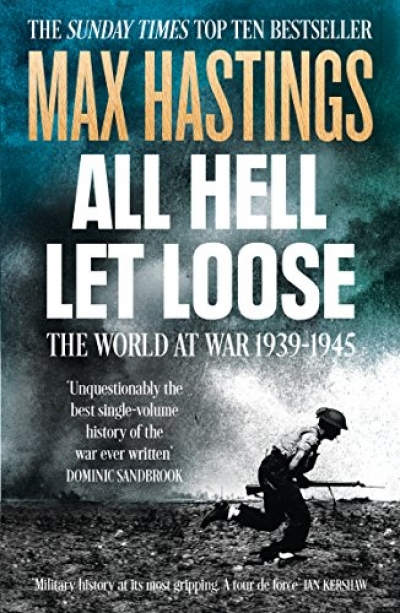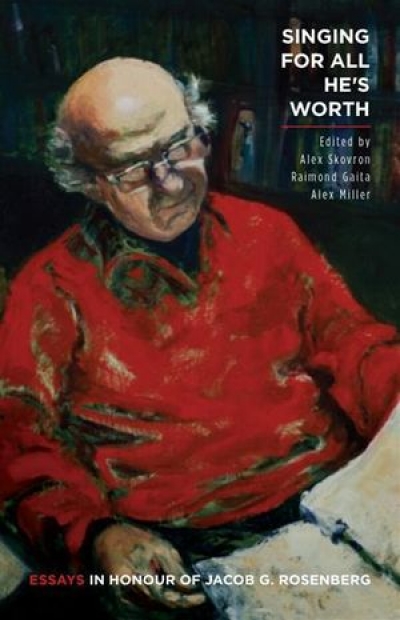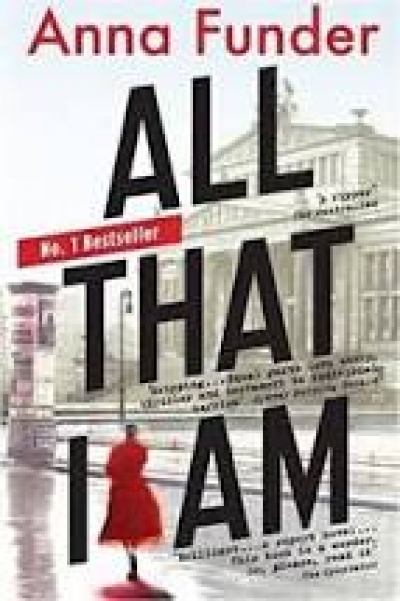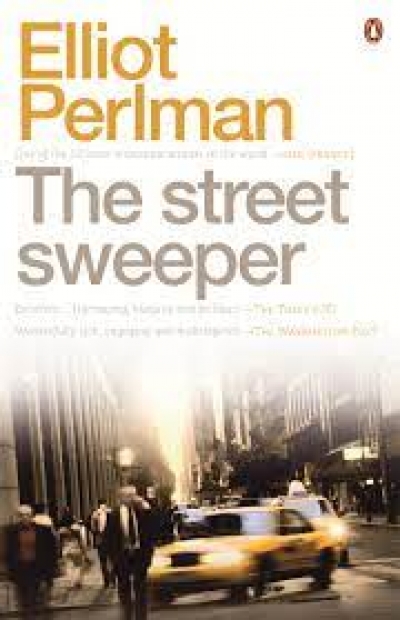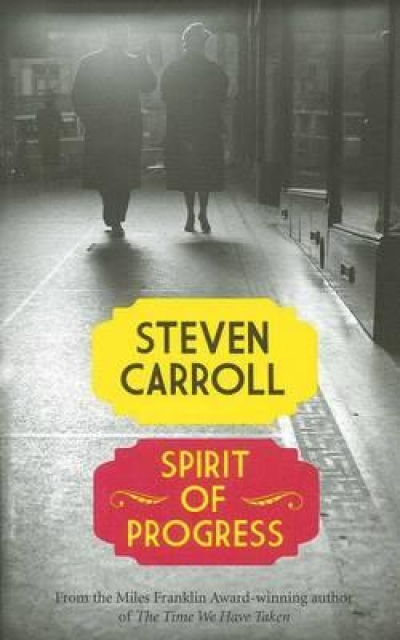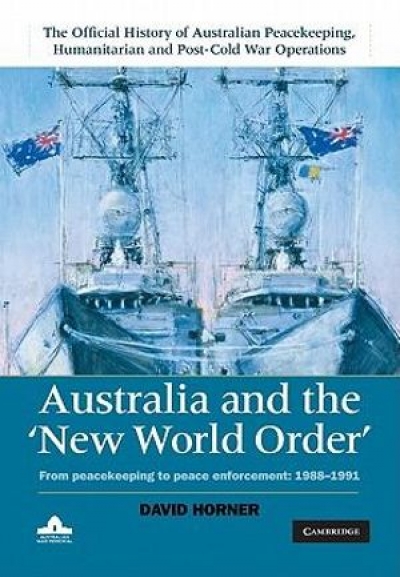World War II
Australia and Appeasement: Imperial foreign policy and the origins of World War II by Christopher Waters
by Stuart Macintyre •
All Hell Let Loose: The World at War 1939–1945 by Max Hastings
by Robin Prior •
The Penguin Book of Australian War Writing edited by Mark Dapin
by David Day •
Singing for All He’s Worth: Essays in Honour of Jacob G. Rosenberg by Alex Skovron, Raimond Gaita, and Alex Miller
by Andrea Goldsmith •
Australia and the ‘New World Order’: From Peacekeeping to Peace Enforcement: 1988–1991 by David Horner
by Peter Edwards •
P.O.W.: Australian Prisoners of War in Hitler’s Reich by Peter Monteath
by Peter Pierce •

